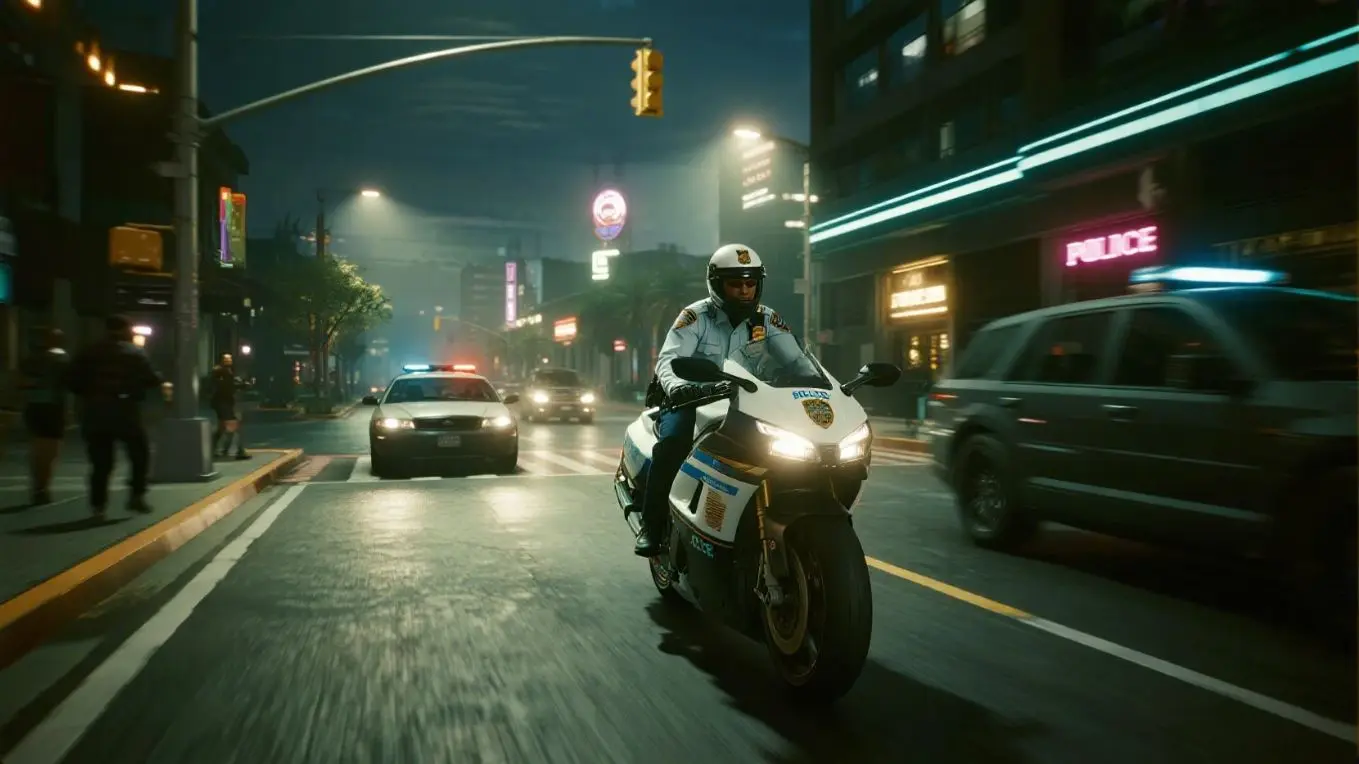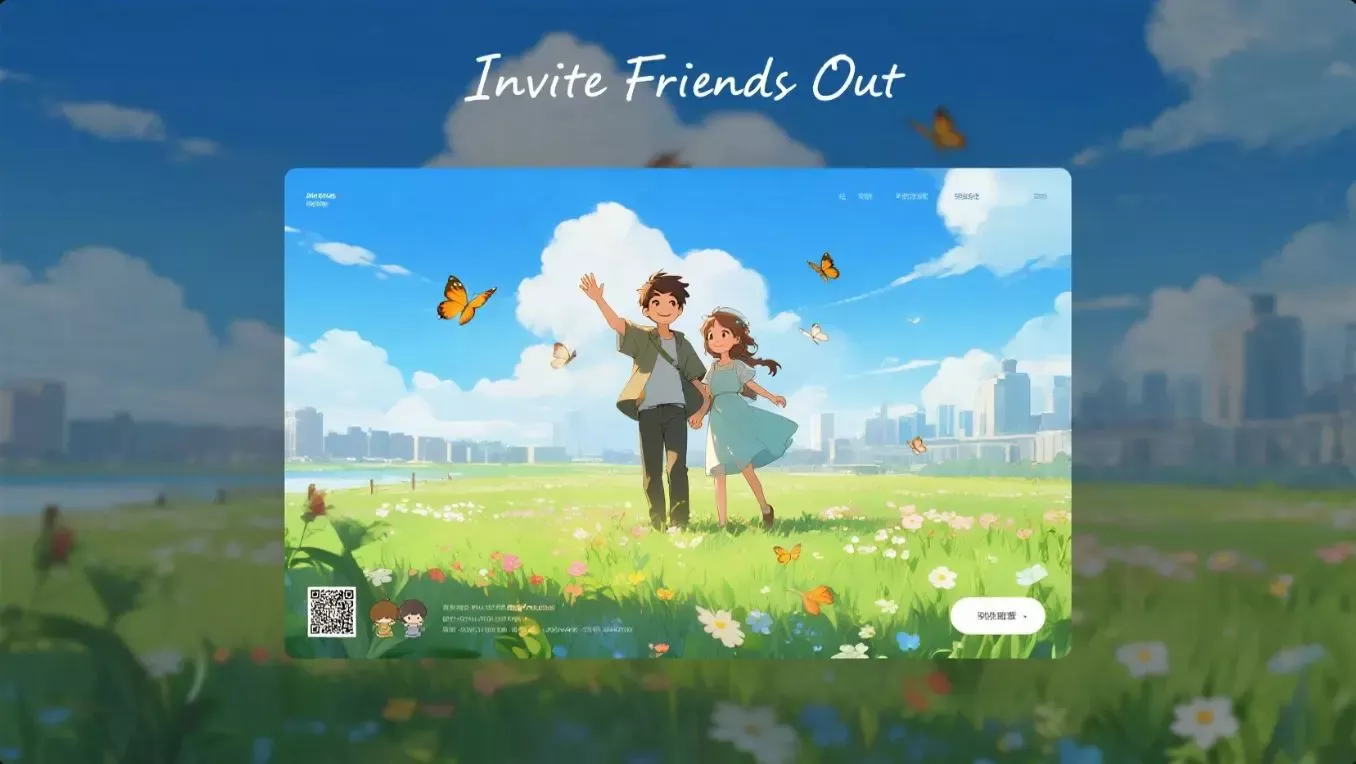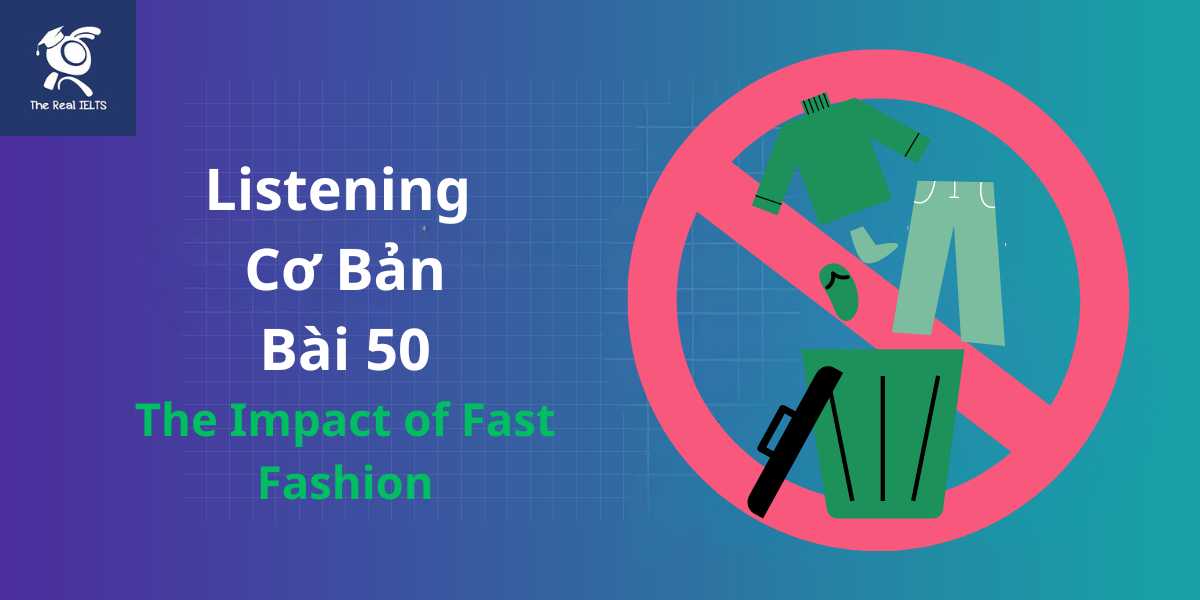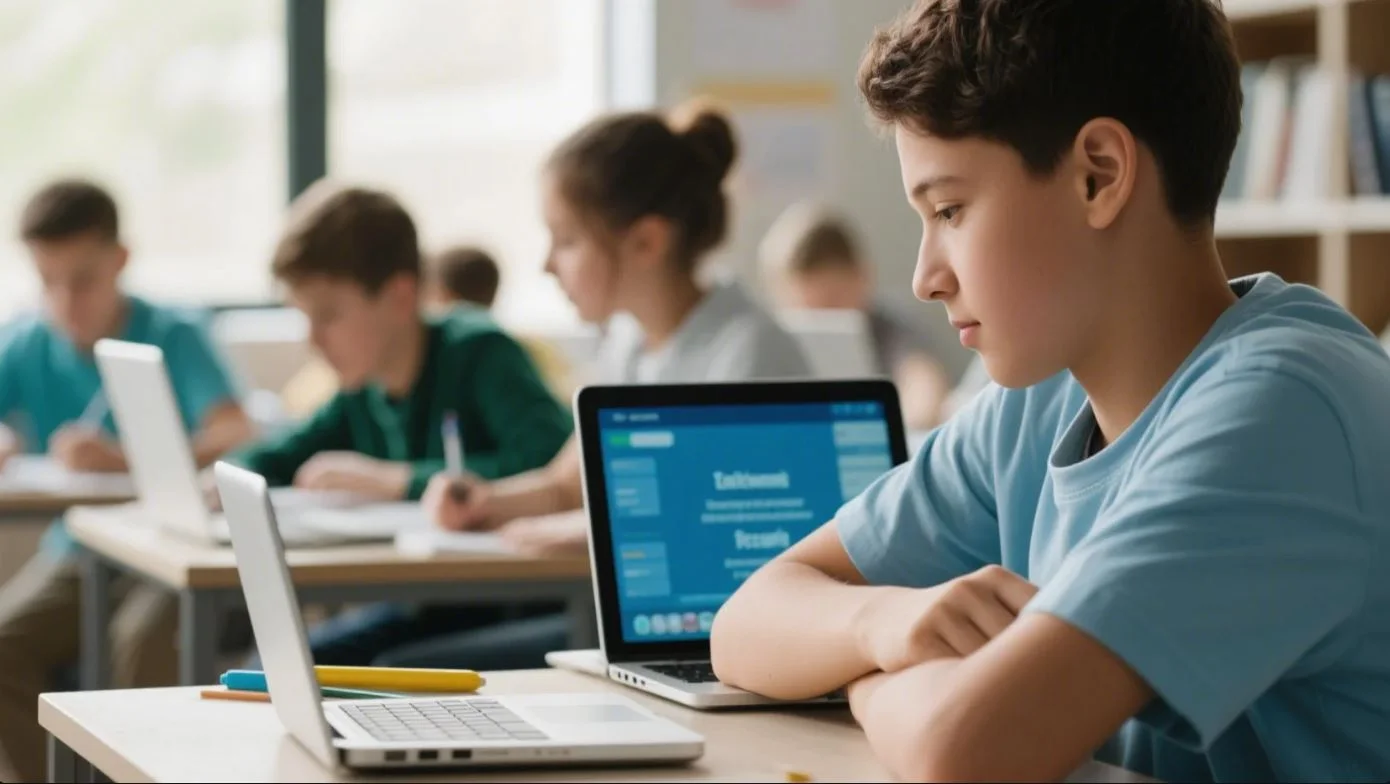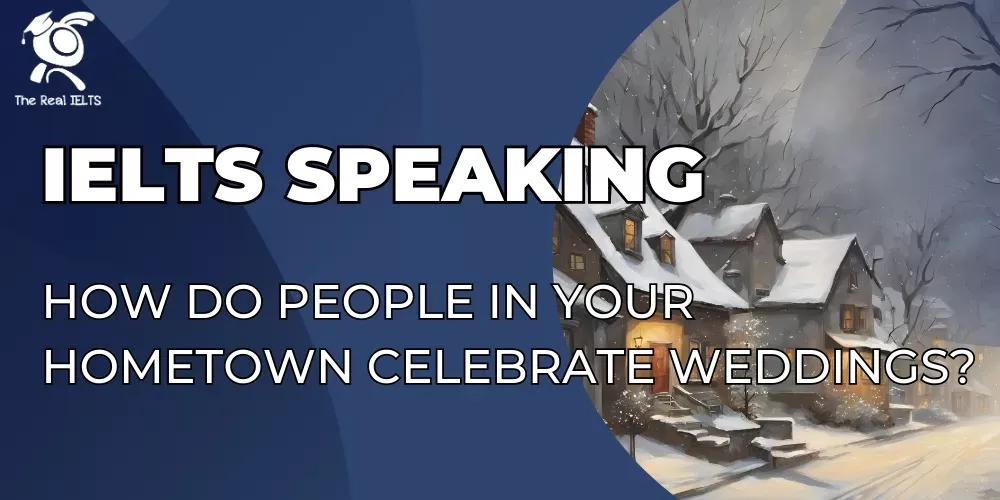100 ví dụ hỏi và trả lời về cảnh sát
Đọc thêm: 101 Bài Tiếng Anh Giao Tiếp Cơ Bản Full
General Questions About the Police
- Q: What is the main role of the police?
A: The main role of the police is to maintain public safety, enforce laws, prevent crime, and protect citizens and property. - Q: What do police officers do daily?
A: Police officers patrol communities, respond to emergency calls, investigate crimes, arrest suspects, and assist the public. - Q: What is a police department?
A: A police department is a government organization responsible for law enforcement and public safety in a specific area. - Q: What is the difference between a police officer and a detective?
A: A police officer typically patrols and responds to incidents, while a detective investigates crimes and gathers evidence. - Q: Why do police officers carry guns?
A: Police officers carry guns to protect themselves and the public from dangerous situations and to enforce the law when necessary. - Q: What is a police badge?
A: A police badge is an identification symbol worn by officers to show their authority and affiliation with a police department. - Q: How do you become a police officer?
A: To become a police officer, you typically need to meet age and education requirements, pass a background check, complete police academy training, and pass physical and written exams. - Q: What is a police academy?
A: A police academy is a training institution where future officers learn law enforcement skills, including law, physical fitness, and tactics. - Q: What is the emergency number to call the police in the United States?
A: The emergency number to call the police in the United States is 911. - Q: What should I do if I see a crime happening?
A: Call the police immediately, provide details about the crime, and stay safe while waiting for help.
Police Procedures and Protocols
- Q: What happens when you call 911?
A: When you call 911, a dispatcher answers, assesses the situation, and sends police, fire, or medical services as needed. - Q: What is a police report?
A: A police report is a document created by officers detailing an incident, such as a crime or accident, for official records. - Q: How do police officers investigate a crime?
A: They gather evidence, interview witnesses, collect forensic data, and follow leads to identify suspects. - Q: What is an arrest warrant?
A: An arrest warrant is a court-issued document authorizing police to arrest a specific person for a crime. - Q: Can police search my house without permission?
A: Police generally need a search warrant or your consent to search your house, unless there’s an emergency or probable cause. - Q: What is probable cause?
A: Probable cause is a reasonable belief, based on evidence, that a person has committed a crime, allowing police to act. - Q: What are Miranda rights?
A: Miranda rights are legal rights read to suspects in the U.S., informing them of their right to remain silent and have an attorney. - Q: What happens after someone is arrested?
A: After an arrest, the suspect is taken to a police station, booked, and may be held or released depending on the situation. - Q: What is police booking?
A: Booking is the process of recording an arrestee’s information, taking fingerprints, and photographing them at the police station. - Q: What is a police lineup?
A: A police lineup is a procedure where witnesses identify a suspect from a group of people to confirm their involvement in a crime.
Police Equipment and Technology
- Q: What tools do police officers carry?
A: Police officers often carry a gun, handcuffs, a baton, a taser, a radio, and a flashlight. - Q: What is a police siren used for?
A: A police siren is used to alert others of an emergency, clear traffic, or signal a police presence. - Q: What is a body camera?
A: A body camera is a small device worn by police officers to record interactions with the public for accountability. - Q: Why do police use K-9 units?
A: K-9 units, or police dogs, are used for tasks like detecting drugs, tracking suspects, and searching for missing people. - Q: What is a police cruiser?
A: A police cruiser is a vehicle used by officers for patrolling, responding to calls, and transporting suspects. - Q: What is forensic evidence?
A: Forensic evidence is scientific evidence, like DNA or fingerprints, used to investigate crimes. - Q: How do police use drones?
A: Police use drones for aerial surveillance, search and rescue, and monitoring large events or crime scenes. - Q: What is a breathalyzer test?
A: A breathalyzer test measures a person’s blood alcohol level to determine if they are driving under the influence. - Q: What is a police radio code?
A: A police radio code is a system of numbers or phrases used to communicate quickly and clearly over radios. - Q: What does “10-4” mean in police communication?
A: “10-4” means “message received” or “understood” in police radio communication.
Police and Community Interaction
- Q: How can I file a complaint against a police officer?
A: Contact the police department’s internal affairs division or file a complaint online or in person. - Q: What is community policing?
A: Community policing is a strategy where police work closely with residents to prevent crime and build trust. - Q: Why do police officers visit schools?
A: Police officers visit schools to educate students, promote safety, and build positive relationships with youth. - Q: Can I ask a police officer for help if I’m lost?
A: Yes, police officers are there to help with non-emergency situations like getting lost. - Q: What is a neighborhood watch program?
A: A neighborhood watch is a community-led program where residents work with police to monitor and prevent crime. - Q: How do police handle missing person cases?
A: Police gather information, issue alerts (like Amber Alerts), and conduct searches to locate missing individuals. - Q: What should I do if I’m stopped by the police?
A: Stay calm, keep your hands visible, follow instructions, and provide requested documents like ID. - Q: Can police help with a noisy neighbor?
A: Yes, police can respond to noise complaints and mediate or enforce local noise ordinances. - Q: What is a citizen’s arrest?
A: A citizen’s arrest is when a civilian detains someone committing a crime until police arrive, but laws vary by area. - Q: How do police protect public events?
A: Police provide security, manage crowds, and coordinate with event organizers to ensure safety.
Types of Police and Specialized Units
- Q: What is a SWAT team?
A: A SWAT (Special Weapons and Tactics) team is a specialized unit trained for high-risk situations like hostage rescues. - Q: What does a traffic police officer do?
A: A traffic police officer enforces road laws, manages traffic, and investigates accidents. - Q: What is a mounted police unit?
A: A mounted police unit uses horses for patrolling, crowd control, and public relations in certain areas. - Q: What is the role of a school resource officer?
A: A school resource officer works in schools to ensure safety, mentor students, and handle incidents. - Q: Who are federal police?
A: Federal police, like the FBI, enforce national laws and investigate crimes across state lines. - Q: What is a K-9 officer?
A: A K-9 officer is a police officer who works with a trained dog to perform specialized tasks. - Q: What does a homicide detective do?
A: A homicide detective investigates murders and suspicious deaths to find suspects and evidence. - Q: What is a cybercrime unit?
A: A cybercrime unit investigates crimes involving computers, the internet, or digital fraud. - Q: What is the role of a bomb squad?
A: A bomb squad handles and disarms explosive devices to protect the public. - Q: What is a vice squad?
A: A vice squad investigates crimes like drug trafficking, gambling, and prostitution.
Police and Legal System
- Q: Can police arrest someone without evidence?
A: Police need probable cause or a warrant to arrest someone, not just suspicion. - Q: What is bail?
A: Bail is money paid to release an arrested person from jail until their court date. - Q: What happens if I can’t afford bail?
A: You may stay in jail until your trial or work with a bail bondsman to secure release. - Q: Can police question a minor without a parent?
A: Laws vary, but police often need parental consent or presence to question a minor. - Q: What is a felony?
A: A felony is a serious crime, like murder or robbery, punishable by more than one year in prison. - Q: What is a misdemeanor?
A: A misdemeanor is a less serious crime, like petty theft, usually punishable by fines or short jail time. - Q: What is a plea bargain?
A: A plea bargain is an agreement where a suspect pleads guilty to a lesser charge to avoid a trial. - Q: Can police testify in court?
A: Yes, police often testify in court to present evidence or describe their role in a case. - Q: What is a restraining order?
A: A restraining order is a court order that prohibits someone from contacting or approaching another person. - Q: How do police work with prosecutors?
A: Police provide evidence and reports to prosecutors, who decide whether to press charges.
Police Training and Challenges
- Q: How long is police academy training?
A: Police academy training typically lasts 6-8 months, depending on the department. - Q: What skills do police officers learn?
A: They learn law enforcement, self-defense, firearms training, communication, and conflict resolution. - Q: Do police officers receive mental health training?
A: Many departments provide training to help officers handle mental health crises and stress. - Q: What is de-escalation training?
A: De-escalation training teaches officers to calm tense situations without using force. - Q: What challenges do police officers face?
A: Officers face dangers, stress, public scrutiny, and long hours while maintaining professionalism. - Q: Do police officers work night shifts?
A: Yes, police officers often work rotating shifts, including nights, to provide 24/7 coverage. - Q: How do police handle high-stress situations?
A: They rely on training, teamwork, and communication to stay calm and make decisions. - Q: What is use-of-force training?
A: Use-of-force training teaches officers when and how to use appropriate levels of force. - Q: Do police officers get paid well?
A: Pay varies by location, but police officers generally earn a stable salary with benefits. - Q: Can police officers retire early?
A: Many officers can retire after 20-25 years of service with a pension, depending on the department.
Police and Society
- Q: Why do some people distrust the police?
A: Distrust can stem from high-profile incidents, historical issues, or perceived bias in policing. - Q: How can police build trust with communities?
A: By engaging in community outreach, being transparent, and treating everyone fairly. - Q: What is police brutality?
A: Police brutality is the excessive or unnecessary use of force by officers against civilians. - Q: How are police held accountable?
A: Through internal investigations, civilian review boards, and legal consequences. - Q: What is racial profiling?
A: Racial profiling is when police target individuals based on race or ethnicity rather than evidence. - Q: How do police handle protests?
A: Police monitor protests to ensure safety, manage crowds, and protect free speech rights. - Q: What is a police union?
A: A police union is an organization that represents officers, advocating for their rights and benefits. - Q: Do police work with other agencies?
A: Yes, police collaborate with agencies like the FBI, DEA, and local fire departments. - Q: What is a sting operation?
A: A sting operation is a covert police tactic to catch criminals in the act, like undercover drug busts. - Q: How do police handle domestic violence cases?
A: They respond to calls, ensure safety, arrest suspects if needed, and connect victims to resources.
Miscellaneous Police Topics
- Q: What is a police sketch artist?
A: A police sketch artist creates drawings of suspects based on witness descriptions. - Q: What is a cold case?
A: A cold case is an unsolved crime that remains open but is no longer actively investigated. - Q: Can police track my phone?
A: Police can track phones with a warrant or in emergencies, like locating a missing person. - Q: What is a parole officer?
A: A parole officer supervises individuals released from prison to ensure they follow parole conditions. - Q: What is a police informant?
A: A police informant is someone who provides information to police, often confidentially, to aid investigations. - Q: What is a sobriety checkpoint?
A: A sobriety checkpoint is a roadblock where police check drivers for signs of intoxication. - Q: What is a police helicopter used for?
A: Police helicopters are used for pursuits, surveillance, and search-and-rescue missions. - Q: What is a crime scene?
A: A crime scene is the location where a crime occurred, secured for investigation. - Q: How do police handle bomb threats?
A: They evacuate the area, call in bomb squads, and investigate the threat’s credibility. - Q: What is a police negotiator?
A: A police negotiator communicates with suspects in crises, like hostage situations, to resolve them peacefully.
Fun and Cultural Questions
- Q: Why do police wear blue uniforms?
A: Blue uniforms are traditional, symbolizing authority and professionalism, though colors vary by department. - Q: What is the “thin blue line”?
A: The “thin blue line” is a symbol representing police as a barrier between order and chaos. - Q: Are police dogs considered officers?
A: Yes, police dogs are often considered part of the force and are treated with respect. - Q: Why are police called “cops”?
A: “Cops” comes from “copper,” referring to the copper badges early officers wore. - Q: Do police officers have nicknames?
A: Some officers have nicknames based on their personality, skills, or experiences. - Q: Are police portrayed accurately in movies?
A: Movies often exaggerate police work for drama, but real policing involves more routine tasks. - Q: What is a police motto?
A: Many departments have mottos like “To Protect and Serve” to reflect their mission. - Q: Do police officers celebrate holidays?
A: Yes, but many work holidays to ensure public safety. - Q: What is a police charity?
A: A police charity supports officers’ families, injured officers, or community programs. - Q: How can I thank a police officer?
A: You can thank them in person, write a letter to their department, or support police community initiatives.


